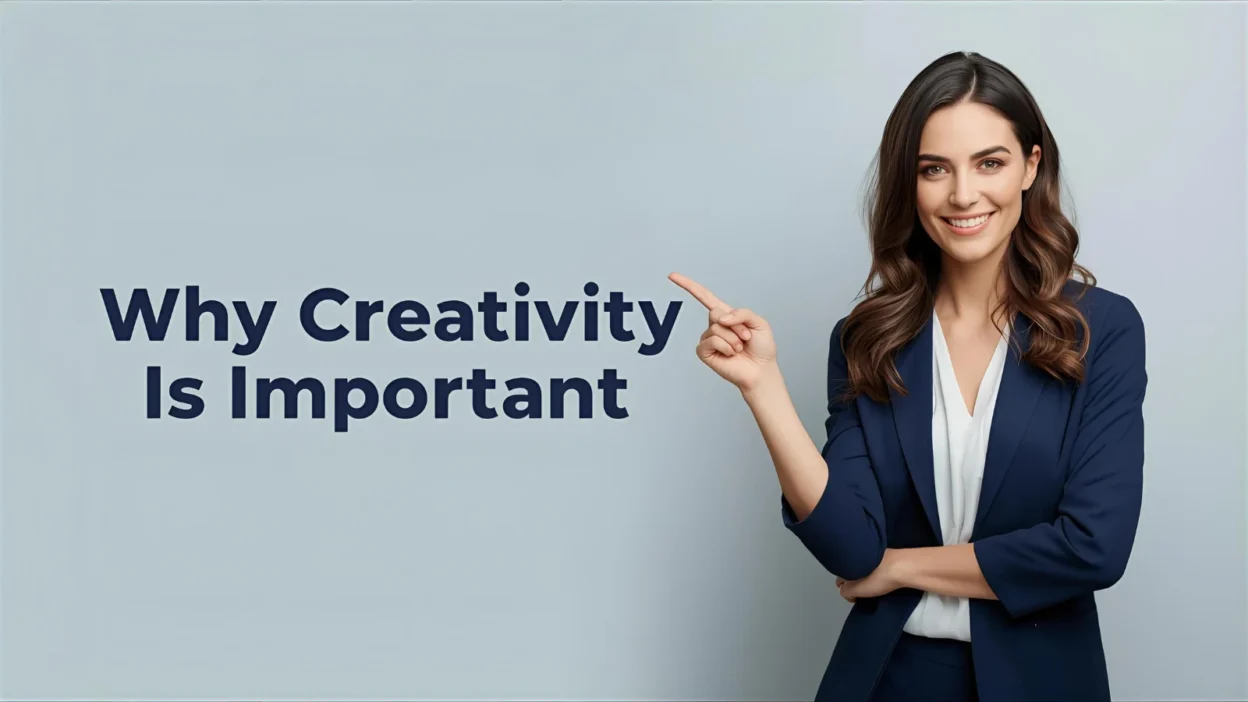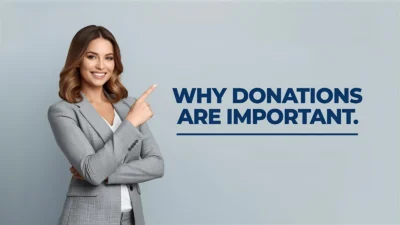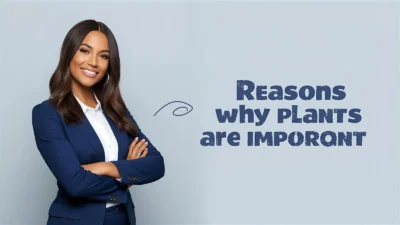Creativity isn’t limited to artists, musicians, or writers. It’s a natural human ability that helps us solve problems, think differently, and shape the future. From inventing tools in ancient times to designing modern technologies, creativity has always been the heartbeat of progress.
In this article, we’ll explore why creativity is important, how it influences our personal lives, careers, education, and society, and why nurturing it matters more than ever in today’s world.
Understanding Creativity
📌 Definition:
Creativity is the ability to use imagination, originality, and innovative thinking to produce new ideas, solutions, or artistic expressions.
👉 It’s not only about art—it applies to science, business, education, and even everyday problem-solving.
Reasons Why Creativity Is Important
- Encourages innovation – drives progress in science, technology, and culture.
- Boosts problem-solving – helps people find unique solutions.
- Improves adaptability – supports flexible thinking in changing environments.
- Strengthens confidence – expressing ideas builds self-belief.
- Enhances communication – creative people find better ways to express themselves.
- Supports mental health – reduces stress and sparks joy.
- Builds teamwork – collaboration thrives when creativity is shared.
- Fuels economic growth – creative industries generate jobs and opportunities.
- Inspires future generations – creative role models influence positive change.
- Makes life meaningful – creativity gives color and depth to human experience.
Creativity in Everyday Life
Creativity shows up in small and big ways:
- Cooking – experimenting with flavors.
- Conversation – using humor or storytelling.
- Workplace – finding new solutions to old challenges.
- Parenting – keeping children engaged with fresh ideas.
- Personal style – expressing identity through clothes or art.
💡 Example: A student struggling in math may use drawings and visuals to understand problems—that’s creativity at work.
The Psychology of Creativity
Psychologists link creativity with higher mental flexibility and emotional balance. Benefits include:
- Release of dopamine – creating art or solving puzzles increases happiness.
- Flow state – losing track of time when deeply engaged in a task.
- Resilience – helps people recover from setbacks by thinking differently.
- Identity building – creative expression strengthens self-awareness.
📖 Albert Einstein once said, “Creativity is intelligence having fun.”
Types of Creativity
- Artistic creativity – painting, music, literature.
- Scientific creativity – inventions, discoveries, theories.
- Entrepreneurial creativity – new products, startups, marketing.
- Social creativity – solving community or cultural issues.
- Personal creativity – hobbies, self-expression, journaling.
Idioms About Creativity
- “Think outside the box” – approach problems in unconventional ways.
- “A spark of inspiration” – sudden creative idea.
- “Break the mold” – do something unique.
- “Go against the grain” – challenge traditional thinking.
- “Paint a picture” – describe vividly or imaginatively.
Synonyms for Creativity
| Synonym | Usage Example |
|---|---|
| Imagination | Her imagination turned a simple idea into art. |
| Originality | The originality of his work inspired others. |
| Innovation | Innovation drives technological progress. |
| Ingenuity | She showed ingenuity in solving the problem. |
| Vision | A leader with vision inspires the team. |
Grammar Note: Creativity in Sentences
- Noun – Creativity is essential in education.
- Adjective form – Creative ideas change the world.
- Adverb form – He solved the issue creatively.
👉 Use creativity as a countable or uncountable noun depending on context:
- Her creativity is inspiring (uncountable).
- Different creativities exist across cultures (countable, less common).
Real-Life Examples of Creativity’s Impact
- Steve Jobs – revolutionized technology with Apple’s innovative designs.
- Leonardo da Vinci – blended art and science with creative genius.
- Marie Curie – used creative problem-solving in scientific research.
- J.K. Rowling – built an imaginative world that inspired millions.
- Local entrepreneurs – use creativity to start small businesses with big impact.
Creativity and Society
Creativity isn’t just personal—it drives collective growth:
- Education – creative teaching makes learning engaging.
- Business – innovative marketing reaches new audiences.
- Culture – art, music, and literature reflect diversity.
- Technology – every invention starts with imagination.
- Social progress – activism and reform often stem from creative approaches.
🌍 Societies that nurture creativity thrive in innovation, culture, and human development.
Challenges in Creativity
- Fear of failure limiting experimentation.
- Standardized education systems discouraging originality.
- Pressure to conform reducing free expression.
- Lack of resources or support for creative careers.
- Digital overload reducing imagination time.
⚡ Solution: Create safe spaces for risk-taking, encourage curiosity, and value originality in schools and workplaces.
The Future of Creativity
The digital age is reshaping creativity:
- AI-assisted creativity – blending human imagination with technology.
- Remote collaboration – global creative teams working together.
- Creative entrepreneurship – growth of digital art, podcasts, and e-commerce.
- Sustainable creativity – eco-friendly design and innovation.
- Inclusive creativity – platforms allowing diverse voices to shine.
🚀 Creativity will remain the fuel that powers both personal growth and global progress.
FAQs About Creativity
Q1: Why is creativity important in education?
Because it enhances learning, problem-solving, and engagement.
Q2: Can creativity be learned?
Yes—through practice, curiosity, and an open mind.
Q3: How does creativity improve mental health?
It reduces stress, builds confidence, and promotes self-expression.
Q4: Why is creativity vital in the workplace?
It drives innovation, efficiency, and teamwork.
Q5: Is creativity only for artists?
No—it applies to every field, from science to business.
Conclusion
Creativity is more than just art—it’s the foundation of problem-solving, innovation, and human progress. It enriches our personal lives, drives economies, and shapes cultures. Whether through music, science, teaching, or everyday problem-solving, creativity is the spark that makes life meaningful.
The strongest reason creativity is important? Because it helps us imagine, build, and live better lives.

Sara Taylor is a content writer at Whygenix.com, creating clear, engaging articles that simplify complex ideas, helping readers understand the why behind topics in education, lifestyle, and personal development.




